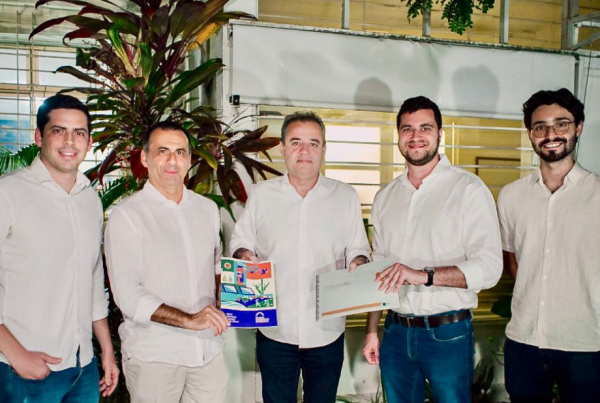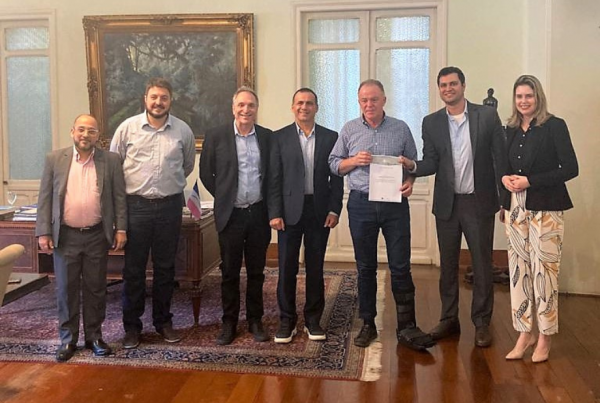Zero surprises. At the COP 25, in Madrid, what I had already predicted at its opening occurred. No significant progress towards more ambition, that is, to reinforce the countries’ targets in their NDCs – which, by the way, do not seem on the way to being met by many of them – and to find financing mechanisms for decarbonization, the famous Article 6 negotiation, which once again came to nothing.
What was new in relation to the other COPs were the villains. Before it was mostly Saudi Arabia, Russia, Venezuela and the so-called like-minded group. Now it is Donald Trump’s USA, Scott Morrison’s Australia (on fire), and Jair Bolsonaro’s Brazil. In fact, Brazil came broken into three delegations: the anti-minister’s group, which had little understanding of what was being negotiated and arrived to produce factoids for the Brazilian media and its social networks; Itamaraty, impotent, entrenched in old positions such as that of the “double counting” and totally neglected in the articulation role it used to play; and the Brazilian civil society delegation, this time excluded, with people bringing credentials from Chile, Egypt, and a plethora of international entities to be able to enter the so-called “Blue Zone”.
Unlike almost all the other countries whose pavilions belonged to the governments, ours was a civil society pavilion, organized by the Climate and Society Institute (ICS) and became the meeting point and place for debate for activists, scientists, indigenous people, governors, mayors, parliamentarians, and young people, both Brazilian and from other countries. There have been some partial advances: Colombia and Indonesia got an Amazon-type Fund for themselves. Ours the Bolsonaro government has paralyzed and discarded with billion-dollar losses. The Amazon states have signed terms of cooperation that may have worked. I helped articulate one of them.
The most positive fact may have been the European Union’s announcement of its unilateral commitment to a mid-century emissions neutrality target, despite resistance from Poland. They also made progress on establishing a green tariff on imports. But Europe is not decisive. The key is in the hands of China, India, and the USA. Brazil, Japan, Indonesia and Russia have a significant weight. One swallow does not make a summer…
The COPs always present some small collateral progress and are a moment for meeting, debating, and reverberating the climate issue. But on the core issue: significant emissions reduction to get the planet off the 4.5 degree trajectory (hell on earth) it is lulled into, or how to finance decarbonization and adaptation, we are stuck as the consequences unfold before our eyes and the literature on the subject becomes simply apocalyptic as a batch of new books similar to the one I am reading, terrible, by David Wallace-Wells “The Uninhabitable Earth”. My friends, it is punk.
Over the next few years we don’t have much to expect from the vast majority of pathetically paralyzed when not denialist national governments . The remaining window of opportunity is a revolution in economic value that will give the least carbon status as the “new gold”. We have to work with the states, regions, companies, municipalities, and the mobilization of civil society, especially young people. Hundreds of millions of Greta brats must be mobilized to flood the streets of the planet.
A rhyming way to a solution…




